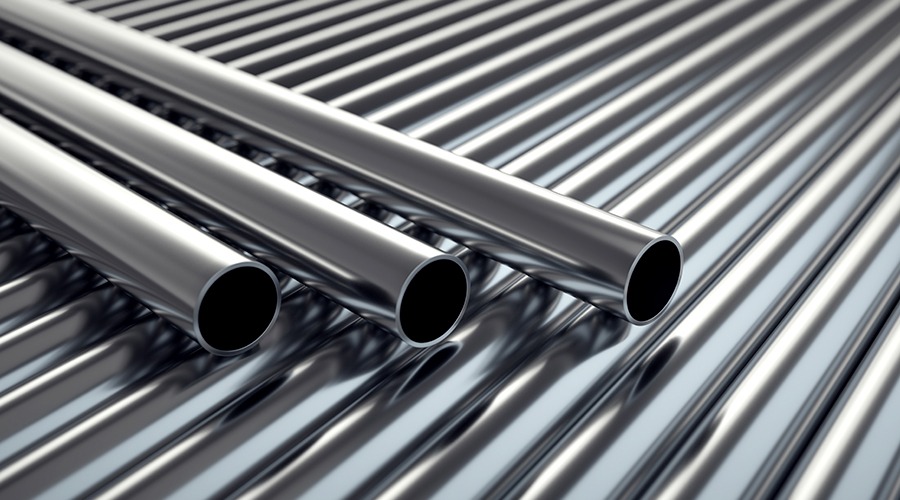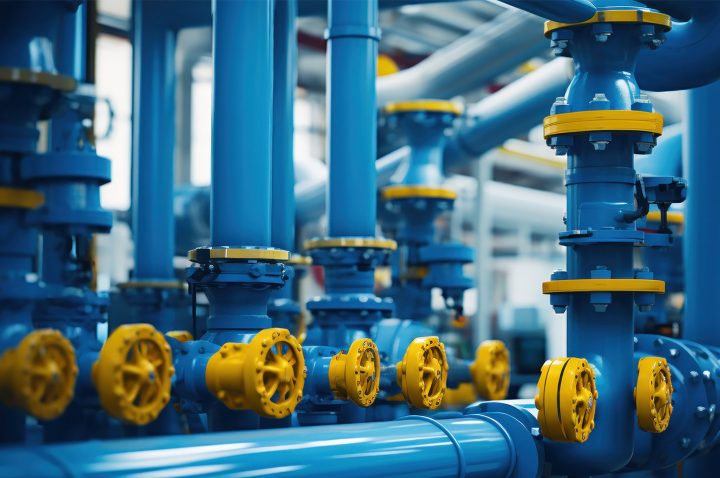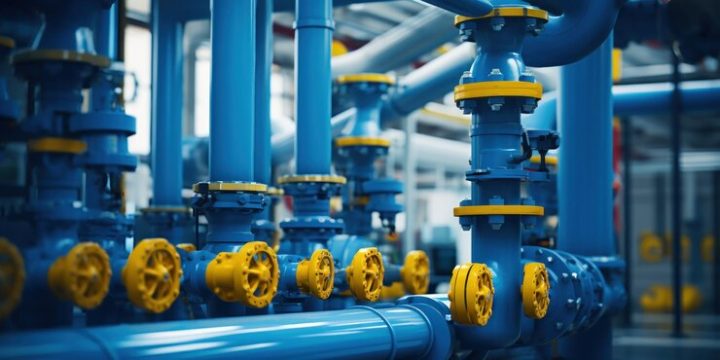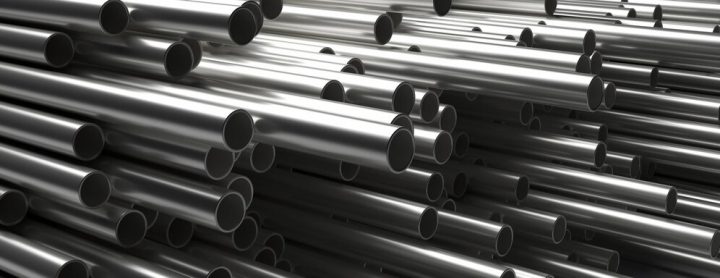Pipes are extensively used for plumbing purposes in all sorts of industries. When the word ‘pipe’ comes up it is almost always associated with tubes which are circular and round in shape and circumference. However, pipes can be rectangular, oval, round or square. Most frequent in usage are Stainless steel and aluminium tubes. Let us have a detailed look on commonly used materials by pipe manufacturers in India.
SS pipes and tubes :
Stainless steel is an alloy composed of chromium, nickel, iron and carbon. Different grades of SS used are 304/304L, 310/310L, 347/347L, 316/316L and few others.
- Pressure pipes
Such tubings are designed to bear extreme pressure and temperature conditions. They can be customized and welded according to the customers’ requirement. These pipes mostly are of wide girth in order to sustain high pressure. Pressure tubes are made out of ferritic and austenitic steel in order to enhance their resistance.
- Mechanical
Mechanical tubes are intended for manufacturing of gears and valves. Although most of these have circular cross-section, they are also available in rectangular ones.
- Sanitary tubes
Mainly installed where there is going to be high exposure to food materials and other chemical substances released from food processing. Sanitary pipes are made in a way to resist tarnish and corrosion from such sensitive substances.
- Hydraulic lifts for aircrafts
Alloys used for hydraulic lines in aeronautical operations have high nickel and chromium percentage since they need to be durable and ductile along with the requirement to be as light as possible.
Aluminium pipes :
These are thin due to their low density hence utilized in industries with a requisite for high volume of pipes against weight. Since there is requirement for feather-like yet corrosion resistant material in automotive as well as airline industry, aluminium tubing are a material of choice every time.
In addition to lighter volume, it offers higher degree of flexibility which makes it an ideal solution for construction requirements as well. Besides, thanks to its greater heat absorption capacity that aluminium qualifies for regularization operations such as in electrical cooling and heating equipment in addition to solar heating panels. Frequently employed aluminium alloys in various applications are 2024,3003,7075,5052 and 6061.
Plastic piping :
Polyethylene PEX pipes have found their applications across several industries due to its origin from HDPE polymer. HDPE as a basic structural unit of PEX elevates its stability to a large extent. Consequently, such plastic tubings develop capacity to withstand exceptional temperatures, corrosive conditions and cold flow. They are majorly adopted for water supply works.
That is why PEX pipes are color coded so as to differentiate whether the pipe is carrying hot water or cold. They come in white, blue or red colours. Red color coded pipeline identifies as carrier for hot water whereas blue one carries cold. White tubes can be used for both hot or cold. Other than that, these are classified into three categories namely PEX A, B and C on basis of their manufacturing process.Apart from being used as water supply pipes, they are being employed in hydronic operations, frost management in cold storage warehouses, fire management systems in housing and many more.
Other metals and their alloys which are utilized by pipe manufacturers in India are carbon steel, brass, copper, Iron, duplex, super duplex, chrome-molly, cupronickel, monel, hastelloy and inconel. On several occasions, pipes are coated with zinc to enhance corrosion endurance. Galvanized pipes are best fit for carrying chemicals and such other corrosive substances.
Types of pipes based on welding method
Piping can be either welded or seamless. Welded ones have welding seams along their length while seamless do not possess visible seam on surface.
Welding processes which metal alloys undergo are :
- Laser beam welding
- electric arc welding
- High frequency weld
- Submerged arc
- Plasma arc
- Gas tungsten arc
High frequency welding is the most versatile type because it is economic and better in terms of productivity as it is a continuous process unlike other methods.
Seamless tubes on the other hand are generated from hot billets merged to generate a circular cross-section.
Certain tests are conducted to ensure top quality pipes:
- Spectroanalysis
- Micro test
- Macro test
- Destructive
- Non destructive
- Corrosion test
- Flaring
- Hydrostatic
Other examinations undertaken on special requests are :
- Ultrasonic test
- Hardness test
- Tensile test
- Pitting corrosion inspection
- Radiographic examination
How to pick the right pipe manufacturing company?
It is of utmost importance to select right company for your piping requirements. Choosing wrong company can mean picking low quality products which can eventually cost you a fortune by bringing operations to halt.
- Follow up with their clientele and check testimonials
- Have a look at their certification and tests they undertake
- Evaluate services they provide, even after installation
The best of India’s pipe manufacturers have several things in common as stated above. Top companies conduct quality assurance tests, certify their products along with using anti-rust alloys to make sure of best service being delivered to the clients.



